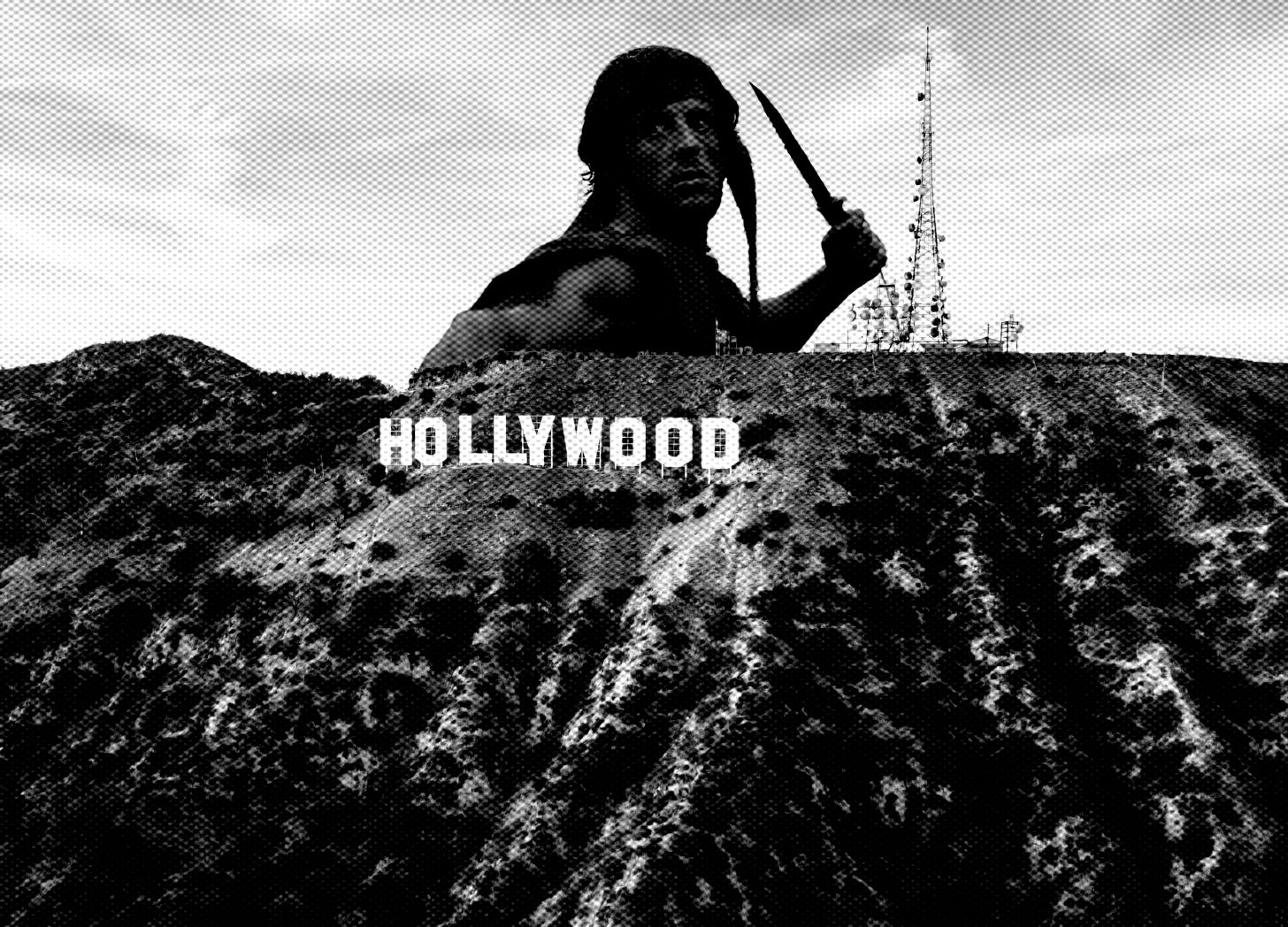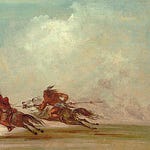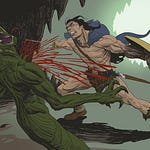Did you know there’s a kid’s show based on John Rambo as he appears in First Blood and Rambo: First Blood Part II? I didn’t until recently. It’s called Rambo: The Force of Freedom. Sylvester Stallone hated it.
“They’re going to make this Saturday morning TV cartoon show for kids with what they tell me is a softened version of Rambo doing good deeds,” he complained to The Chicago Tribune. “First of all, that isn’t Rambo, but, more important, they tell me I can’t stop them because it’s not me their using; it’s a likeness of a character I played and don’t own.”
I grew up on Stallone (and Arnold Schwarzenegger, Bruce Willis, Wesley Snipes, Jean-Claude Van Damme, and so on) movies. He doesn’t get the credit he deserves for his writing chops. People forget that First Blood, based on a book of the same name, was a poignant anti-war movie more so than it was an action flick. The final exchange between Colonel Sam Trautman (Richard Crenna) and Rambo gets me choked up every single time.
Stallone paces about, lean as leather with a bandolier of bullets, teetering on the edge of a breakdown that has stalked him home from the jungles of Vietnam, shouting at Trautman like a wayward son would a father come to call him home. “Back there I could fly a gunship, I could drive a tank, I was in charge of million dollar equipment, back here I can’t even hold a job parking cars!”
He chucks the big M60 across the room like a discarded toy. The fury fades. The stone face breaks. He drops to the floor and cries like a lost child.
That scene is so powerful because Stallone prepared for it by going to the source.
“I think the Vietnam veteran felt as abandoned as an orphaned child. Those soldiers gave more than they received,” he told the Tribune.
They felt as though they were fighting in the dark, punching a Goliath, with no one coming to their rescue. To write that final Rambo speech and the crazy, run-on one at the end of First Blood, I went to veteran’s hospitals and talked to guys about their frustrations. And some lines stuck. I mean this guy Rambo doesn’t say very much, so when he talks, it had better be good.
Good enough to break me every time, which is what stories are supposed to do. You are supposed to be moved rather than just entertained, and the stories that move us most are the ones that touch the white-hot nerves of life.
Rambo Van Halen knows a lot about this stuff He worked in the film industry for two decades and has a book coming out soon called Hollywood Samizdat.
I became a fan of his work of late because he is focused on one thing: telling good stories, which is a rarer skill than you’d think. His articles about life and work in the industry read a bit like campfire yarns.
The best tales are universal; that is, the particulars just serve as a casing for things that are irrepressibly human.
That’s Rambo’s forte, and I had a great time talking to him about it. I hope you’ll enjoy this episode, too. You can follow him on Twitter here as well.















